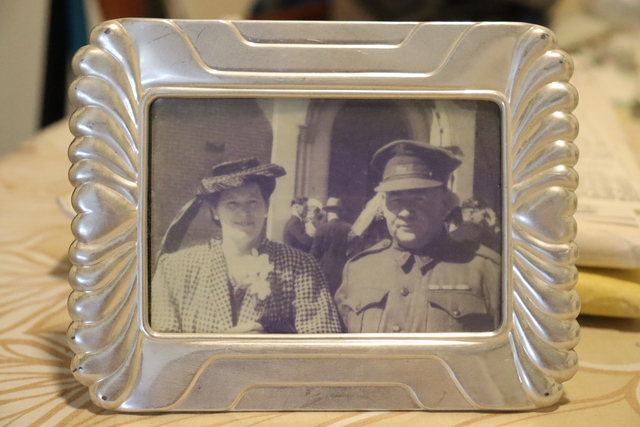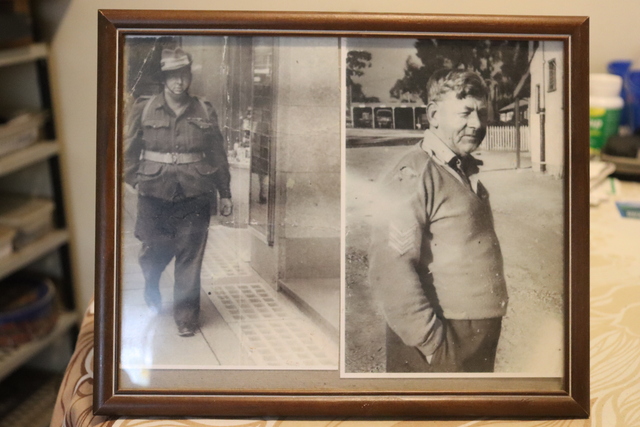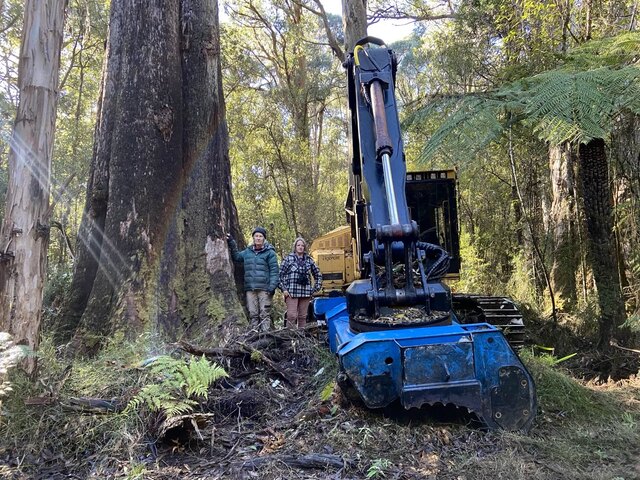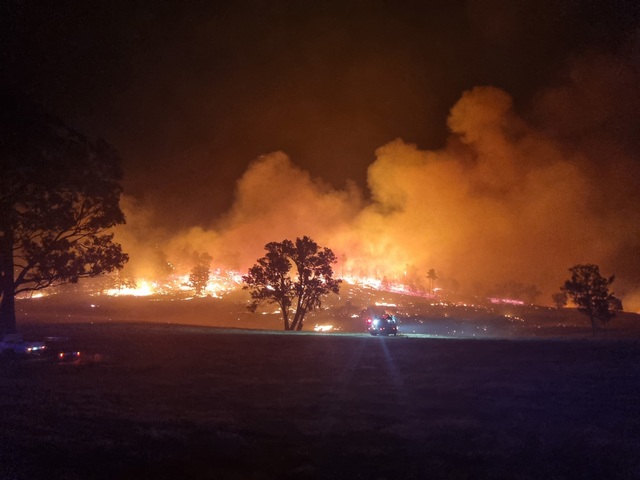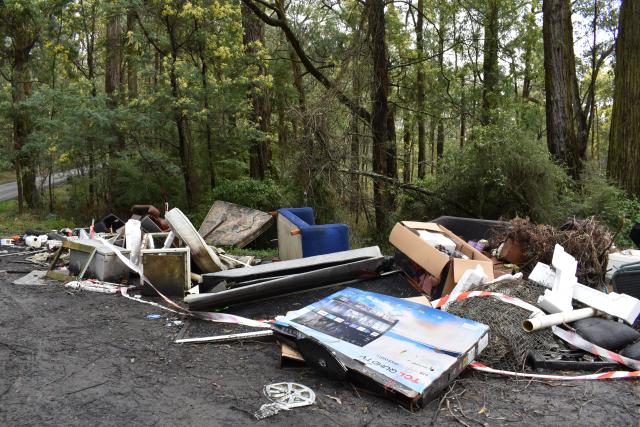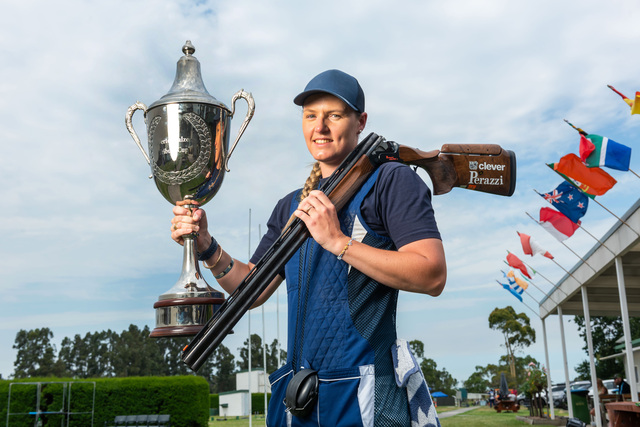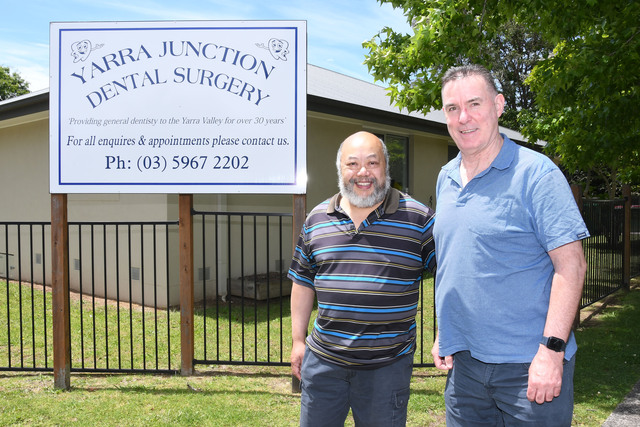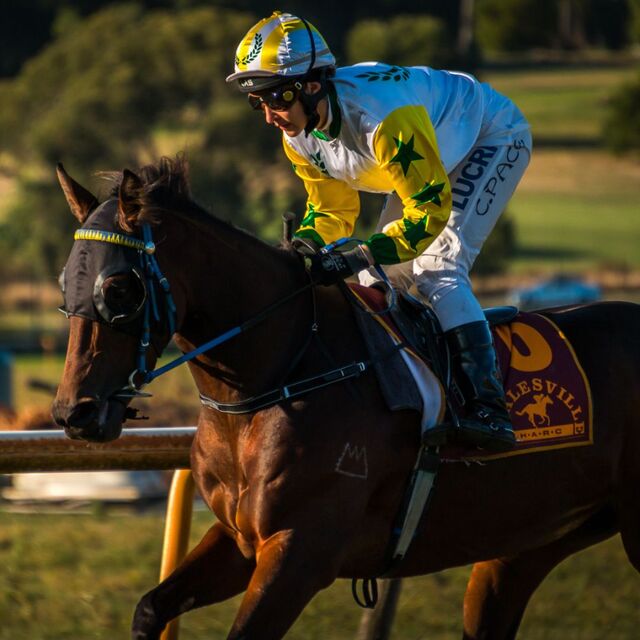The tale of Joseph Leslie O’Rourke, a veteran of both World Wars, is one of luck, determination and a will to survive against all odds.
From the shores of Gallipoli to the battlefields of France, and then on home soil, Joseph spent many years of his life serving his country and eventually settling in Montrose for a little more than a decade.
Born in 1897, Joseph was no stranger to hard work, nor hardship, in the early part of his life.
At just 15 years old in September 1912, Joseph and his father were travelling by train to Coburg when it collided with a special showground train bound for Spencer Street Station.
Newspaper articles at the time said “several passengers were pinned by the wreckage” requiring extrication by rescuers.
Riding the train up near the engine, Joseph was “jammed by the leg and he groaned with pain”. Rescuers “hacked with vigour and skill” freeing him from the wreck.
Refusing ambulance care, just battered and bruised, he said “I’m alright. See where my father is”.
His father “had to be cut out of the splintered woodwork”, both legs were severely injured and he “was bleeding profusely”. He later lost one of his legs from the injuries.
This was Joseph’s first strike of luck in life.
He worked as a labourer and helped his father in monumental masonry. By the time he was 17, the First World War had begun and he attempted to join up then and there.
Refused at 17, as soon as he turned 18, Joseph was back at the registry, signing up for the regular army in December 1914.
“He was sent over to Egypt and he did his training in Egypt. They thought, ‘Oh, well, this is good, we’ll have a good time here’. Then they were told ‘you’re going on a ship’ but they didn’t say where,” Joseph’s son Barrie O’Rourke said.
“When they got there, it was Gallipoli. He and his two mates that went through all the training together and everything, they went to Gallipoli.”
Joseph served under the Australian Imperial Force’s 14th Battalion, fighting in Gallipoli for the entirety of Australia’s campaign.
Surviving through illness and the horrors of Gallipoli, Joseph was reassigned to the 46th Battalion in 1916 with the rest of the remaining veterans of the 14th Battalion, destined for France and the Western Front.
Despite the awful conditions of warfare and living in the trenches with only black tea, bread and jam to live on, there was a moment of pure delight for some lucky Australian soldiers.
Barrie recalled a story of his father’s, one of few told, about the discovery of an underground cellar still stocked with wine and cheese.
“They were all starving in the trenches because they couldn’t get supplies through or anything like that,” he said.
“To keep the trenches clean, and being Aussies, they’d go for a walk in the bush or something like that (to do their business).
“On this day, the night before, there was a bombing, and they came across this hole. When they looked down in the hole, it was a cellar of a house that had been already demolished, and the cellar was full of wine and cheese. So they got all their mates and they went there for a few weeks.”
It wasn’t long, however, before Joseph’s first major injury.
In a close-quarters battle with enemy soldiers, Joseph was pierced by a bayonet in his left arm seeing him hospitalised in February of 1917 at the London General Hospital.
Barrie said once they “patched him up” they “stuck him back (on the Front) again”.
A little over a year later in April 1918, correspondence was sent home to Joseph’s mother informing the family that he had been hospitalised with a gunshot wound to the left hand.
A visit to the hospital however, wasn’t so bad for Joseph this time because it is where he met his soon-to-be wife Kate, who had been working as a nurse.
Defying the wishes of their parents, coming from different churches, Kate and Joseph married in England in December 1918.
The left side of his body was again battered when he was hospitalised with another severe gunshot wound to his left ankle in September 1918.
His ankle was pretty much shattered from the gunshot wound, requiring a brace for the early part of recovery.
“He was shot in the ankle about two months before the end of the war and the cruel part about that, it’s the only thing he’d always say to us, ‘oh, I missed out on the march’ because he was still in hospital in England,” Barrie said.
“When that happened, by the time they fixed him up and got him on the boat and got back, the marches were all over.”
Joseph was officially discharged as a Private on 22 May 1919 in Melbourne at 22 and a half years old after 1611 days in service and 1415 days abroad.
First calling a soldier settlement home, Joseph and Kate eventually moved to the Mallee region to run a chicken farm for some time, before heading out east to Montrose in the early 1920s.
Their eldest children, Desmond, Leslie, Edward and Laurence, attended Montrose Primary School.
“They used to tell us about when they got older, they’d get this old bus and it would run from Montrose to Lilydale. They’d hop on the bus and go down to Croydon, to the hall there, they used to have a big dance there on Sunday night. Other nights they’d go down to Lilydale, to the pictures,” Barrie said.
Living in Montrose, Barrie said there wasn’t much work around and so to make a living, Joseph and Desmond shipped T-Model Fords from Geelong, pulled them apart to fix up at the local garage.
In the late 1930s, the family shifted to Mitcham.
By the time the Second War began, Joseph was prepared and ready to serve yet again, signing up in 1941.
“He’s one of the lucky ones. He went all through the First World War…we can’t get over it. He signed up again,” Barrie said.
This time, he served on home soil as a Sergeant at Mangalore providing a key role of looking after the messenger pigeons but unfortunately, Barrie said much of his work remains classified.
Barrie said the family really had no idea of his father’s involvement with the pigeons during the war and it wasn’t until afterwards that he mentioned a couple of things and the pieces fell into place.
Joseph then went on to set up the Bayswater Nunawading Pigeon Club after he was forced into retirement in 1952.
Kate and Joseph welcomed 10 children into the world, seven boys and three girls.
Desmond and Edward also served in the Second World War. Desmond in the Airforce in Singapore and Edward in New Guinea in the signals corp.
“Before he went off to war, dad said to (Edward) a few things about how he was wounded and we never knew anything about it. He just said, ‘keep your head down and don’t take any risks’,” Barrie said.
“When he came back from New Guinea, he had to talk to dad, and then dad opened up for the first time, and that wasn’t until near the end of the Second World War. We got bits and pieces but we still haven’t got the full story.”
The only time Barrie ever saw him in full uniform was when a convoy of army vehicles travelling up Whitehorse Road in Mitcham stopped by his school and who happened to hop out but Barrie’s dad.
As Joseph’s story has come together over the years, thanks to some research from one of Barrie’s aunts, he has a different view and understanding of his dad.
“We thought he was domineering and a bit rough but when you see what he went through, how he ever held that check, we don’t know because he never fought with anybody, he never got into trouble.”
After all the luck Joseph seemed to have in his life, just 10 years after exiting his service, he suffered a heart attack and died before reaching the hospital aged 65 years in 1962.

